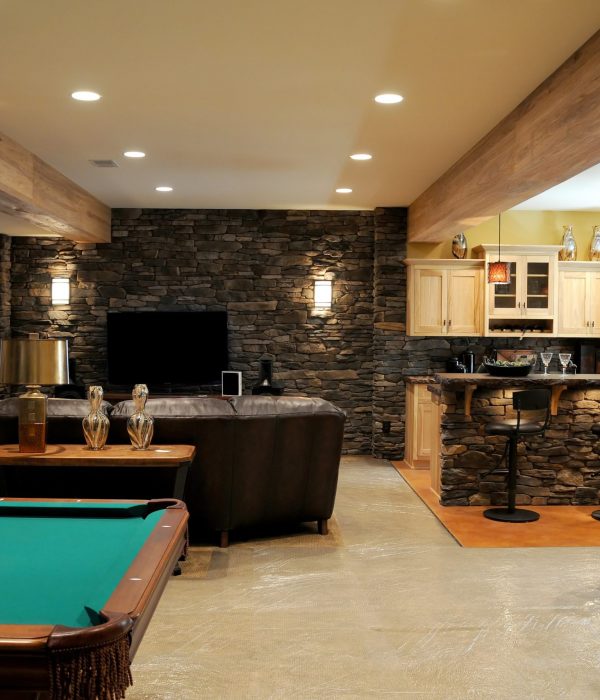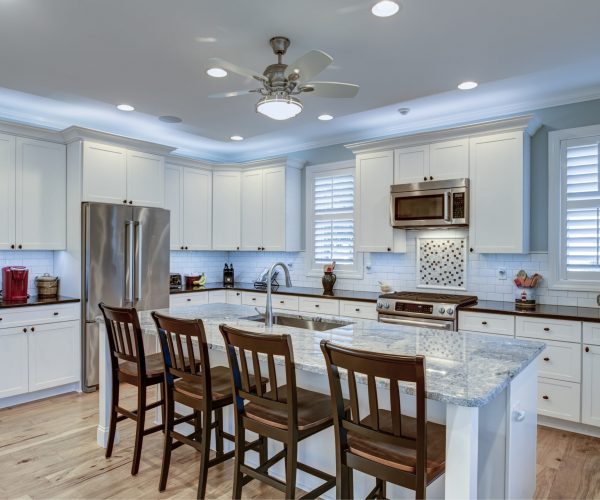Your Customers Want Financing.
We Help Them Get It.
about us
Your Customers Want Financing … Why not help them get it?
- It’s simple
- There’s no risk for contractors (as long as there are no fees … more on that later).
- Offering financing helps you avoid losing clients to your competition and price.




Get Best Financing Options
At ContractorFinancing.com, it’s our goal to connect contractors with the finance option that will best serve their business and clients.
- Secured Loans
- Mortgage Refinance
- Home Equity Loan
- Home Equity Line of Credit
- Personal Loans
- Credit Cards
- Cash
How Home Improvement Loans Fund

Stage Funding
As a contractor, you’re probably already familiar with the pain point that is stage funding. Pausing your project multiple times to wait for the lender to inspect and approve your work before releasing the next round of funds is a process many contractors would rather avoid.
Direct-to-Consumer Funding
Your financed customers are now cash buyers and pay on your terms and schedule. Less stipulations for a contractor to be accepted into finance program to offer their customers, provide fast funding
financial services
Types of Loans

Secured loans
A secured loan is when the homeowner must put up a physical asset(s), such as their home, as collateral to secure the loan.

personal loans
This is the most popular loan option for contractors and homeowners seeking financing for home loans due to its speed.
credit cards
A common and popular way to finance debt across the U.S., credit cards can hold interest rates nearing 30% and averaging over 16%3!
secured loans
Mortgage Refinance

Refinancing their mortgage allows a homeowner with significant equity to borrow money against their home to complete their home improvement project. They’ll first need an appraisal. If the value comes in high enough, they can refinance their existing mortgage at a new interest rate and increase their mortgage balance, while taking out cash to pay for their home improvement.
A refinance may allow for the lowest rates and payments in many scenarios due to the fact that terms can go out as far as 30 years and because the homeowner has proven the home has equity while allowing a lender to place a secured mortgage lien on the home. In the event of default a lender can foreclose on a home in this loan situation
- Low, often fixed, interest rates
- Terms as long as 30 years
- Low payments
- Interest on the funds might be tax deductible2.
Cons:
- Refinance almost always requires an appraisal, which can take weeks or months
- If the appraisal comes in low, the homeowner may not have the equity and will have wasted valuable time for them and the contractor
- Long sales cycle to get answers and try to close the sale
- Use what equity the homeowner may have built up
- If they default on the loan, the homeowner could lose their home to foreclosure
Home Equity Loan
Home Equity Loans are VERY similar to a Mortgage Refinance. The main difference is that Home Equity Loans often have higher interest rates and stricter lending guidelines than a mortgage refinance since it is usually a 2nd lien position behind a mortgage. Most lenders allow for homeowners to borrow at a maximum of 80% CLTV (Combined Loan-to-Value). CLTV is the total amount owed on all mortgages + Home equity loans +
HELOCS as a percentage of the overall value. EX: If a home appraises for $250,000 and the most they can borrow is 80% of the value then you take $250,000 x 80% = $200,000. If the homeowner owes $200,000, they have no available equity to borrow.
- Low, often fixed, interest rates
- Terms as long as 20 years
- Low payments
- Interest on the funds might be tax deductible*.
- Likely to require an appraisal, which can take weeks or months
- If the appraisal comes in low, the homeowner may not have the equity and have wasted valuable time for them and the contractor
- Long sales cycle to get answers and try to close the sale
- Use what equity the homeowner may have built up
- If the homeowner defaults on the loan, they may lose their home to foreclosure

Home Equity Line of Credit (HELOC)

A HELOC is VERY similar to a Home Equity Loan. The main difference being that this is often a variable interest rate (tied to an index such as the Prime Rate or LIBOR) and is a revolving line of credit (like a credit card).
- Low, often fixed, interest rates
- Terms as long as 20 years
- Low payments
- Interest on the funds might be tax deductible*.
- Likely to require an appraisal, which can take weeks or months
- If the appraisal comes in low, the homeowner may not have the equity and have wasted valuable time for them and the contractor
- Long sales cycle to get answers and try to close the sale
- Use what equity the homeowner may have built up
- If the homeowner defaults on the loan, they may lose their home to foreclosure
Commonly Financed Projects
what we do
Frequently Asked Questions
No! Whether you’ll help hundreds of customers in a year get financing or just a few, there are financing partners who will be happy to work with you.
The financing partners we work with do not impose dealer fees on contractors. There are many finance options for contractors. Some charge contractor fees and others do not. Our goal is to pair you with an option that is FREE to the contractor to use so that you are not paying any merchant, buy-down, or transaction fees.
We have aggregated the best sources for home improvement financing to do away with all those headaches and help you close more sales.
It depends on the financing partner you work with, your customers’ credit and income, etc.. Most finance companies have lower loan limits, but through ContractorFinancing.com, you will let us know your average project size and we will pair
you with the right finance option that can fund your desired project sizes.